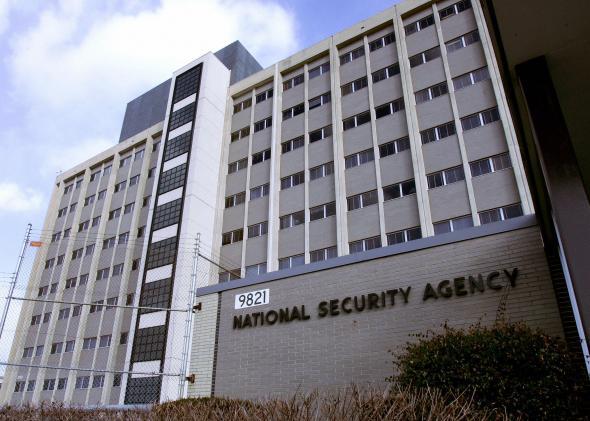After 14 years of providing a post–Sept. 11 framework for U.S. terrorism response, important sections of the Patriot Act were allowed to expire Sunday night amid congressional infighting. And for the average American, that means the disruption of bulk data collection by the National Security Administration.
The NSA justified extensive electronic surveillance, including broad access to phone call metadata through Section 215, under the act. But as of last week, the Los Angeles Times was reporting that the agency was taking steps to dismantle its bulk-collection operations in preparation for the possibility of Patriot Act expiration with no stop-gaps on June 1. “That process has begun,” a White House official said. It’s a good thing they were prepared!
Yesterday bulk collection was in effect, but are we being surveilled today? For the first time in 14 years, there’s no automatic NSA mechanism for recording who you call and when you call them. But there are still ways for the NSA to use its network abroad to get information about your international calls and online browsing. The agency can even still get the content of your international communications through PRISM. Salon’s Marcy Wheeler writes, “Reports of the Patriot Act’s death are greatly exaggerated”
The NSA still obtains records of calls—potentially all calls—you make with people overseas. It still tracks Americans’ Internet communications using metadata obtained overseas. The FBI can still access the content of any communications Americans have with foreigners targeted under PRISM without a warrant or even any evidence of wrongdoing. The FBI can still, and indeed does, obtain phone records of individuals in conjunction with national security investigations without any court review.
In addition to the halt in bulk NSA communication surveillance, the act’s expiration means that the FBI can no longer use it to get sweeping wiretap orders to track suspects when they change phones. Each new device now requires a fresh warrant. Additionally, the agency can no longer use the act to justify wiretaps of “lone wolf” terrorism suspects—individuals who don’t have known affiliations to a larger group.
As the New York Times points out, though, it seems that the NSA is keeping its existing trove of data, since the Justice Department will have grandfathered ability to continue to access files for ongoing investigations. The Times also indicates that law enforcement agencies have other workarounds to continue to get the approvals they want.
In the tension between the security need for surveillance and the desire to preserve individuals’ rights to privacy, it seems like eliminating bulk surveillance would be an obvious solution. So that would make today a better day than yesterday, right? But there is strong bipartisan agreement that some surveillance is necessary to maintain safety from international bad actors. Rep. Adam Schiff, a Democrat from California, called the expiration “a lose-lose.”
The Senate will probably restore the expired portions of the act this week. And Congress has been mulling alternatives like the USA Freedom Act, which would notably mandate that phone companies, not the government itself, store bulk collections. That way, agencies would have to go through the Foreign Intelligence Surveillance Act court in order to pull individual records, instead of having full, broadly approved access.
But for now, staunch privacy advocates like the American Civil Liberties Union are celebrating. “Allowing the provisions of the Patriot Act to sunset wouldn’t affect the government’s ability to conduct targeted investigations or combat terrorism,” the ACLU told CNN. “The government has numerous other tools, including administrative and grand jury subpoenas, which would enable it to gather necessary information.”
Last week President Obama warned that letting the Patriot Act expire without an alternative plan was not a productive option. “You have a whole range of authorities that are also embodied in the Patriot Act that are noncontroversial, that everybody agrees are necessary to keep us safe and secure,” he said. “I would urge folks to just work through whatever issues can still exist.” Welp, here we are.
